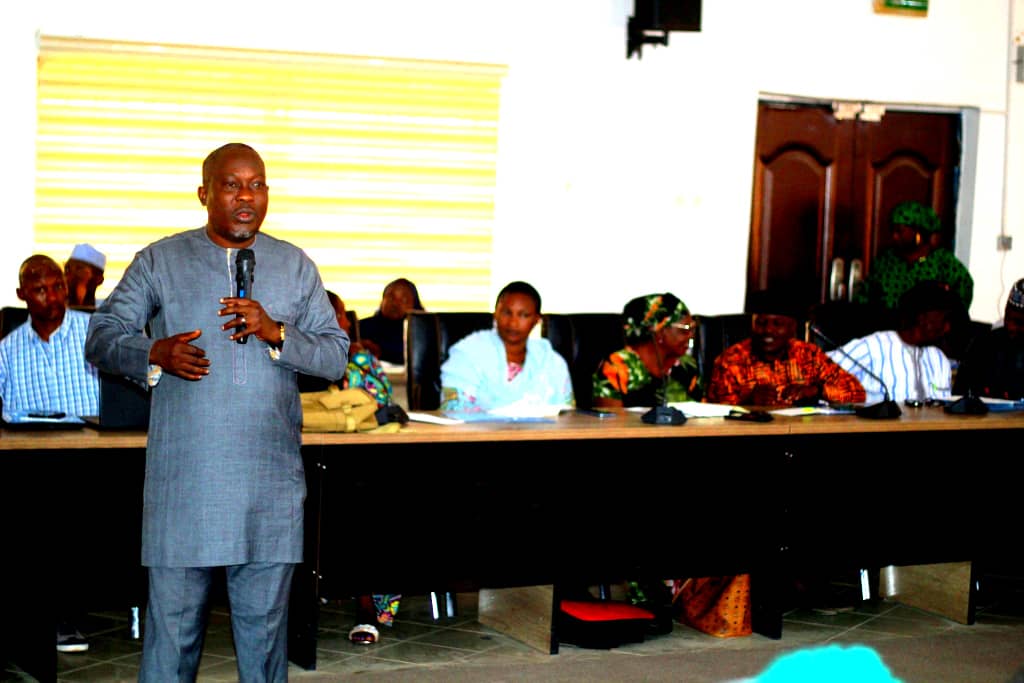The newly appointed Executive Secretary of Universal Basic Education Commission (UBEC), Aisha Garba, has lamented that Nigeria students are lagging behind in learning outcomes, according to the world Bank Index.
Speaking at her first meeting with Management and staff commission in Abuja, Aisha Garba promised to deploy strategies that would advance the delivery of quality basic education for millions of school-aged children in Nigeria.
A statement signed by UBEC’s Head Public Relations & Protocol, David Apeh, quoted the ES as saying that with approximated 17 million children, Nigeria has one of the highest number of out-of-school children in the world.
According to her, even when children were in school, they were lagging behind in learning outcomes.
“According to a World Bank Capital Index, students in Nigeria score 309 on a harmonized test score scale, where 625 is considered advanced attainment and 300 represents minimum attainment.
“And according to UNICEF, the primary school completion rate for Nigeria was at 59% in 2020 for boys and 51% for girls. The secondary school completion rate is even lower, with boys at 42% and girls at 36%.
“Access to higher education is still a challenge: while about 2 million candidates sit for the JAMB examinations every year, only about 500,000 are accepted.”
While appreciating President Bola Ahmed Tinubu for her appointment to serve the nation, she highlighted the importance of partnership and collaboration to drive development of basic education in the country.
“My goal is to deliver on this mandate which includes strengthening collaboration, partnerships and institutional learning for effective service delivery.
“Together, we will work to increase access, improve quality, provide conducive and safe learning environments, supply adequate teaching and learning materials, and adopt the concept of ‘best fit’ in addressing specific basic education challenges, state by state and region by region not a one-size-fits-all solution.
She said UBEC under her watch would seek multi-sectoral approach to address the demand and supply-side barriers to basic education which has continued to exacerbate the challenge of out of school children.
According to her, UBEC would work in collaboration Ministries, Departments and Agencies, Commissions and Development Partners on reforms and interventions to increase access and significantly reduce the high number of out-of-school children in Nigeria.
She listed some key action plans to include the deployment of appropriate interventions, use of technology, construction of critical infrastructure and the upgrading of school facilities.
“We will ensure the integration of children with special needs, promote education for the girl-child, and work with relevant partners to make schools safe and conducive for learning.
“In addition, we will work with local government education authorities and community stakeholders in expanding access to basic education in rural, disadvantaged and hard-to-reach jurisdictions. We will work closely with state governors to increase the uptake and utilisation of the UBEC Matching Grants through strategic partnerships and engagement,” she added.










